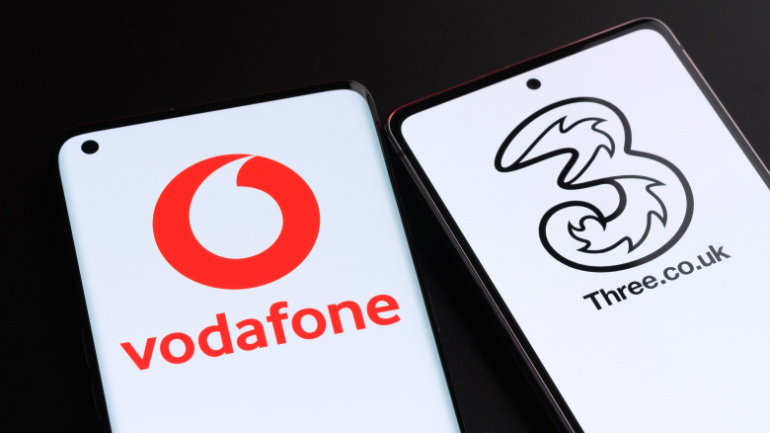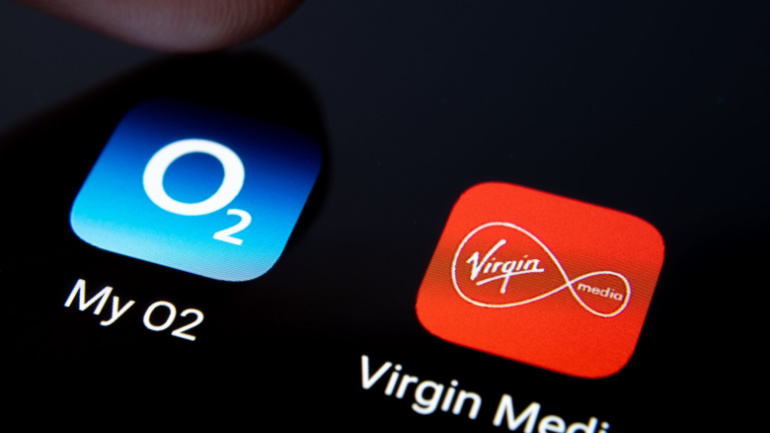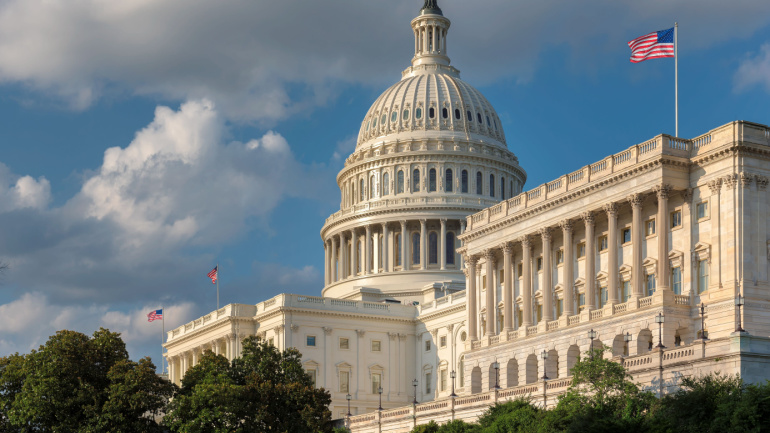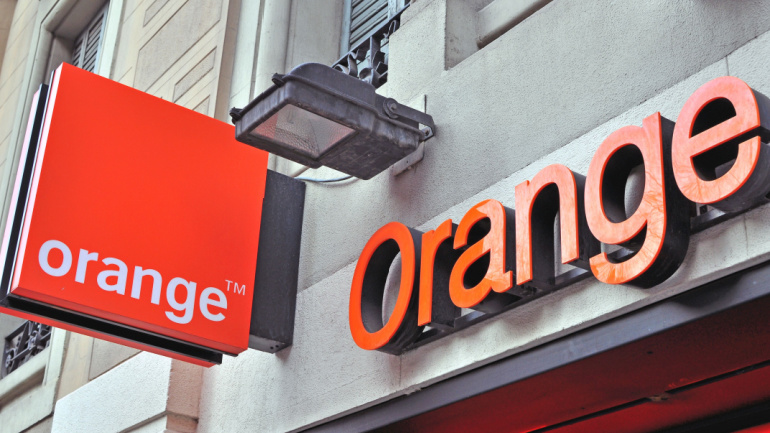Vodafone UK is proclaiming the promise of 5G, with over 50% of UK adults agreeing that it could significantly impact their daily lives. But the telecom giant is also sparking conversation around its proposed merger with Three, a move believed to accelerate the UK’s digital future. The benefits of this merger extend to healthcare, utilities, and railways, showing strong potential to enhance these sectors through technologies enabled by 5G connectivity. However, this ambitious union faces challenges, including the controversial issue of spectrum distribution, crucial for 5G delivery. Yet, in the ever-evolving telecom landscape, it might be the willingness to navigate these challenges that determines their success.
Telefonica teams up with Nokia in a bold move to investigate the application of private mobile networks within Latin American businesses. They aim to foster digital transformation across “promising industries”, including ports, energy, mining, and manufacturing. Despite 5G’s infancy in the region, Ericsson’s recent report suggests a promising future, predicting 5G will constitute 42% of all mobile subscriptions by 2028. Meanwhile, Nokia’s data reveals that a whopping 80% of companies implementing their industrial-grade private wireless solutions expect a positive return on investment within six months.
Ofcom delves into an investigation concerning BT’s recent 999 emergency call service outage. BT’s back-up system reportedly failed in providing efficient location data, intensifying the emergency identification process. This significant service disruption stirred discussions in Parliament, with technology minister Lord Camrose emphasizing the company’s delayed communication to the government about the issue. While BT extended an apology planned a full internal investigation, Ofcom’s survey will spotlight possible breaches of regulatory norms mandating constant network access to emergency organizations. The potential consequences are yet unclear.
Birmingham is set to experience an exciting connectivity upgrade as ATI deploys its cost-effective, far-reaching dark fibre network. This will bring improved connectivity and colocation services, fostering future growth. The integration with Proximity’s data centre simplifies access, making services seamless. Committed to sustainable practices, ATI also reduces environmental impact, allowing customers to customize their services via an innovative AI-powered platform. This advancement promises a hassle-free and flexible network that matches the speed of our evolving times.
Industry expert Jonny Parkinson illuminates the landscape of telecommunications mergers and acquisitions amidst economic shake-ups and global tensions. Despite a dip in deal-making activity, recent predictions suggest a strategic surge in the back half of 2023. Drawing upon the resilience of telecom firms in the face of change, Parkinson underscores the potential offered by technologies like AI and cloud computing to maintain competitiveness, even encouraging alternative structuring concepts and careful due diligence for prospective M&A targets.
Gigaclear commits to connecting rural communities in Yorkshire, extending its full fibre network to 16,000 homes and businesses. The move minimizes disruption, using existing Openreach infrastructure, and aims for service availability by year-end.
Dutch company Budget Thuis partners with Future Connections for a three-year contract, enhancing network performance and customer experience with MAx, the Field Service Automation solution. This collaboration promises high-quality, efficient services, reshaping the Netherlands’ telecom landscape.
Virgin Media O2 faces potential job cuts amid ongoing integration, despite previous assurances of alternative roles for at-risk employees, sparking concerns about future opportunities in the telecommunications sector.
Unveiling the $42.5 billion Broadband Equity, Access and Deployment (BEAD) funds allocation, the Biden-Harris administration aims to bridge the digital divide. While each state proposes spending plans, concerns over potential delays in broadband deployment due to the Build America, Buy America Act emerge.
European Commission’s concerns over the Orange-MasMovil merger in Spain may hinder the deal, potentially affecting competition within the country’s telecommunications market. Remedies, such as wholesale access to virtual players, could be proposed to address objections and prevent price increases for consumers.













